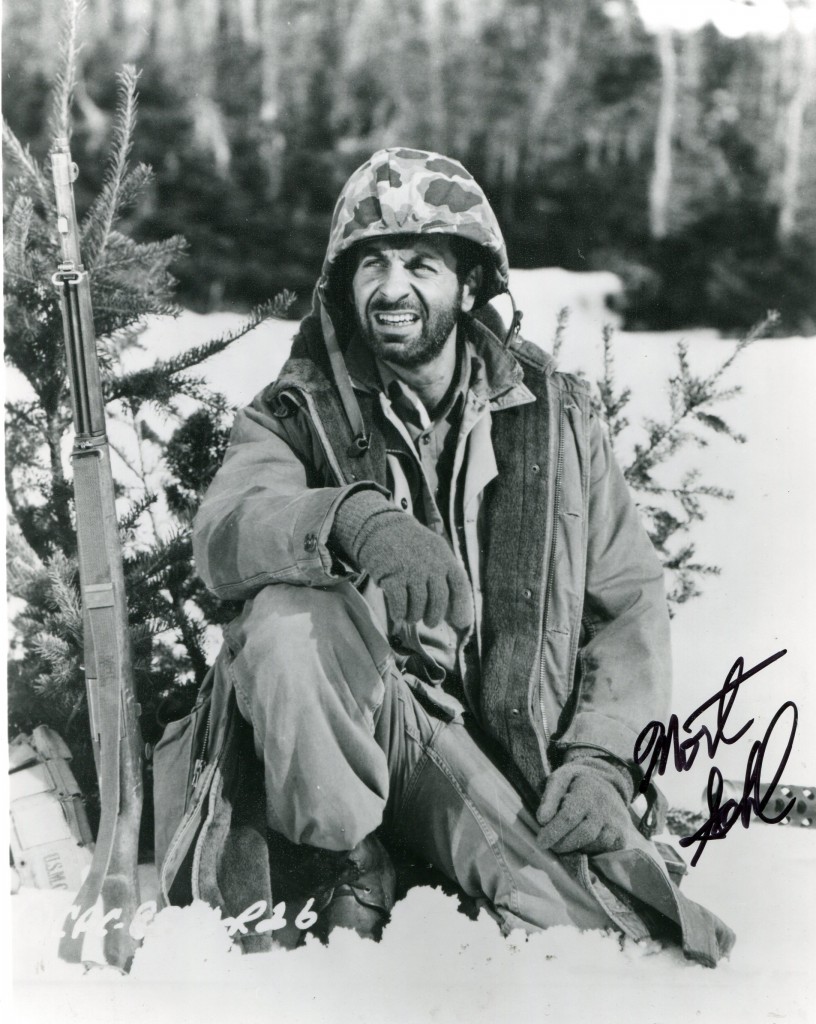
Wikipedia entry:
Sahl is a Canadian-born American comedian and social satirist, considered to be the first modern stand-up comedian since Will Rogers, a humorist in the early 20th century. Sahl pioneered a style of social satire which pokes fun at political and current event topics using improvised monologues and only a newspaper as a prop.
Sahl spent his early years in Los Angeles and moved to the San Francisco Bay Area where he made his professional stage debut at the hungry i nightclub in 1953. His popularity grew quickly, and after a year at the club he traveled the country doing shows at established nightclubs, theaters and college campuses. In 1960 he became the first comedian to have a cover story written about them by Time magazine. He appeared on various television shows, played a number of film roles, and performed a one-man show on Broadway.
Television host Steve Allen claimed that Sahl was “the only real political philosopher we have in modern comedy.” His social satire performances broke new ground in live entertainment, as a stand-up comic talking about the real world of politics at that time was considered “revolutionary.” It inspired many later comics to become stage comedians, including Lenny Bruce, Jonathan Winters and Woody Allen. Allen credits Sahl’s new style of humor with “opening up vistas for people like me.”
Numerous politicians became his fans, with John F. Kennedy asking him to write his jokes for campaign speeches. After Kennedy’s assassination in 1963, however, Sahl became obsessed with what he saw as the Warren Report‘s inaccuracy and conclusions, and spoke about it often during his shows. This alienated much of his audience and led to a decline in his popularity for the remainder of the 1960s. By the 1970s, however, his shows and popularity staged a comeback which continues to the present.
The above “Wikipedia” entry can also be accessed online here.
Mort Sahl died in 2021 aged 94.
Mort Sahl obituary
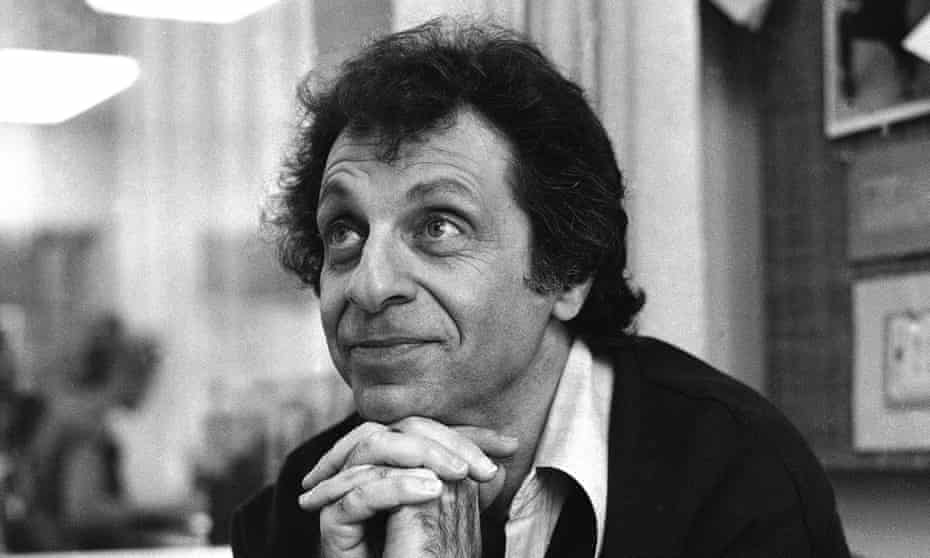
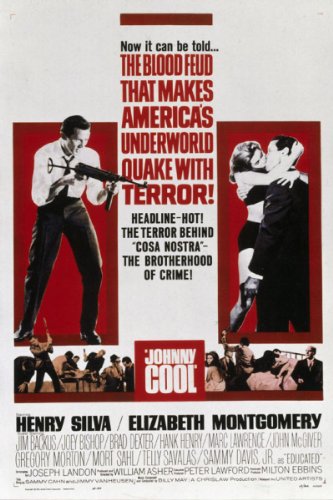
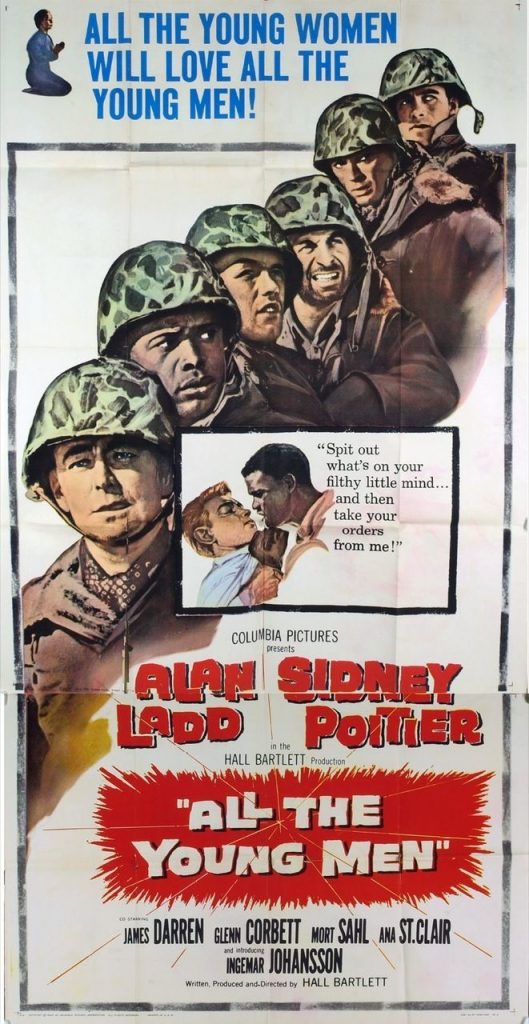

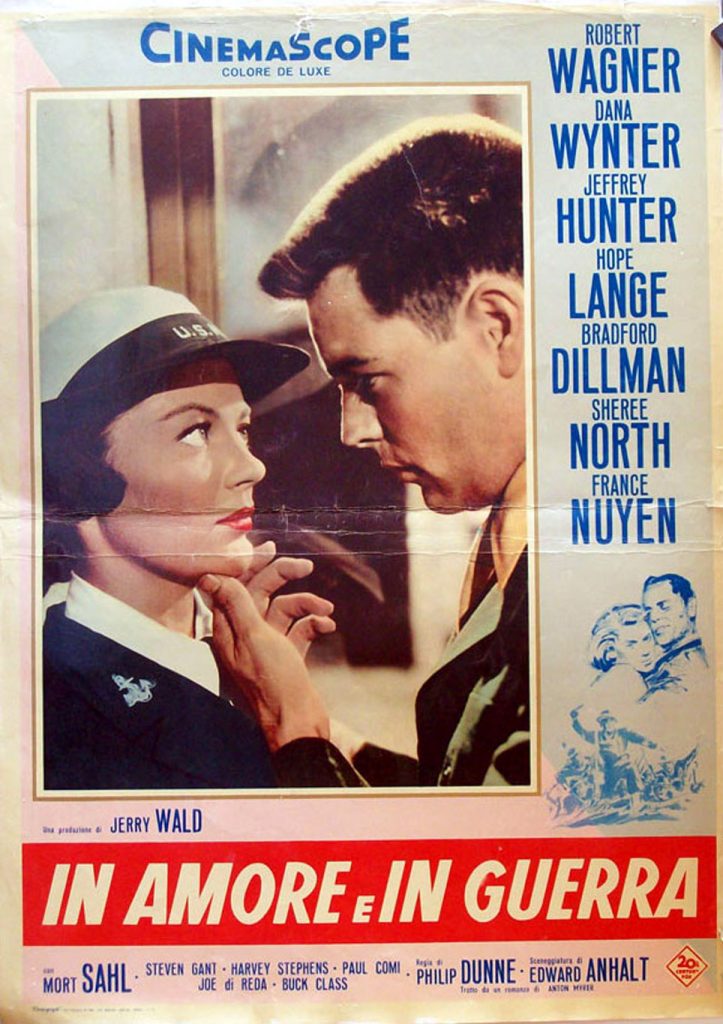
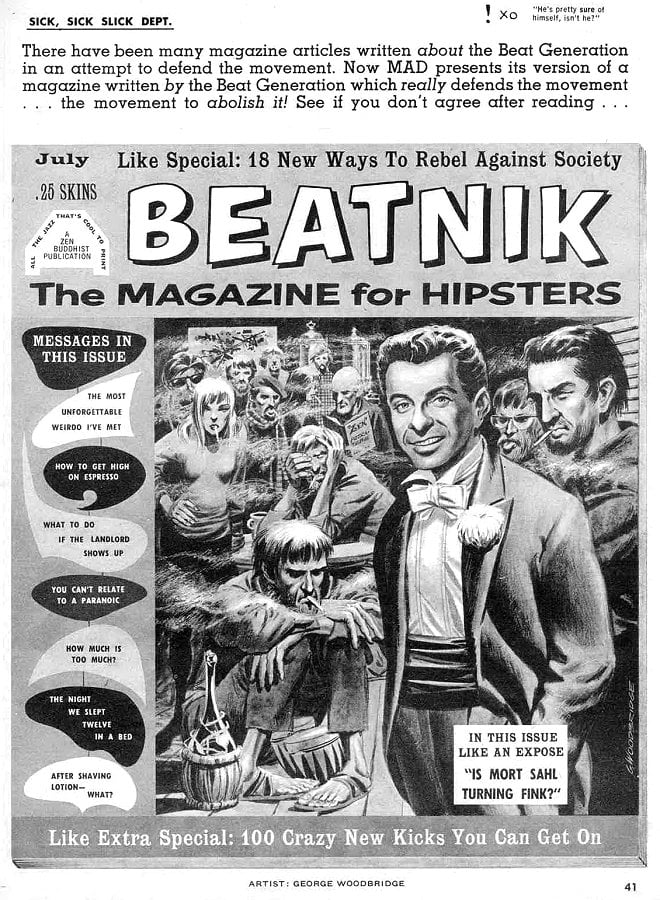
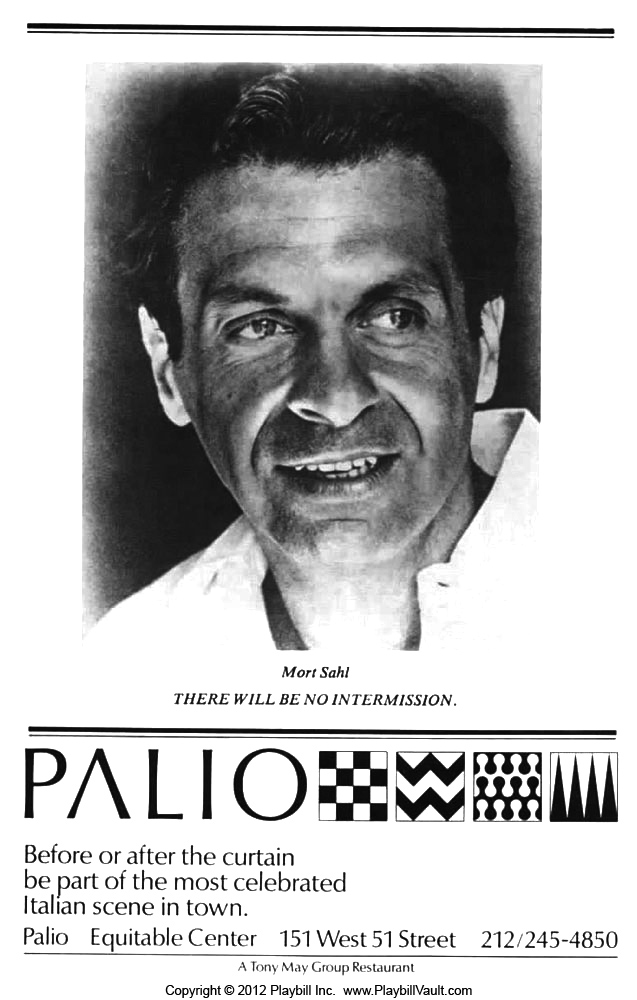
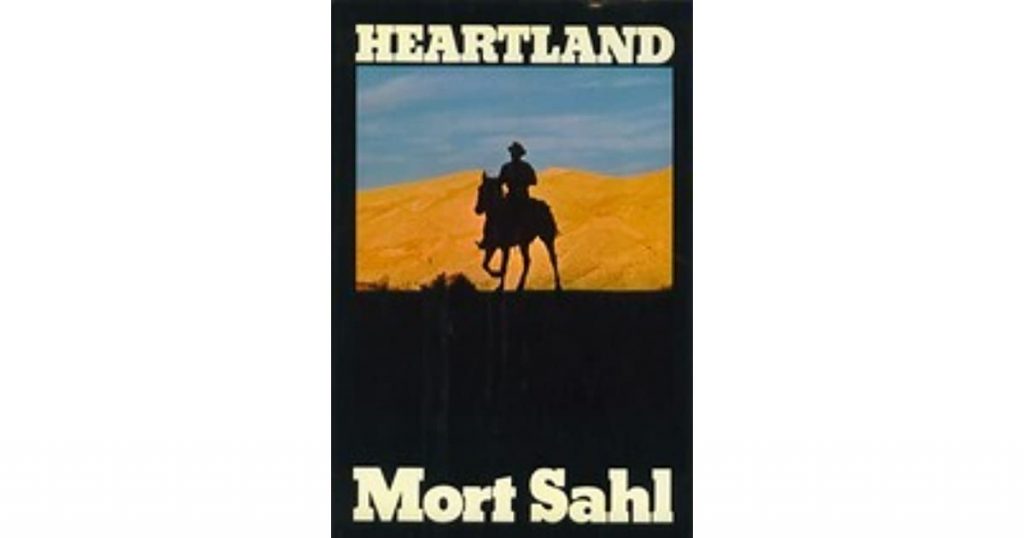
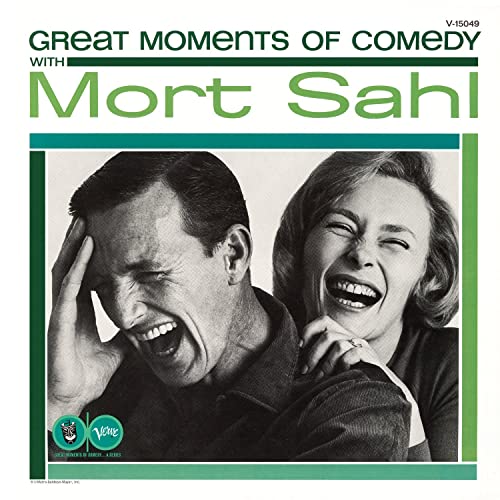
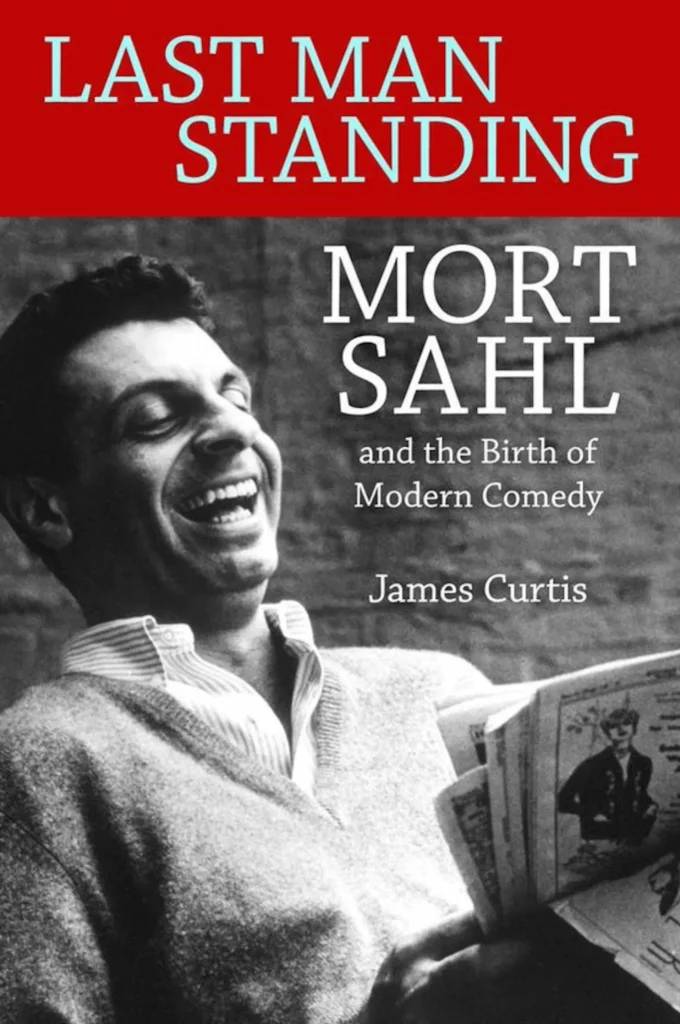
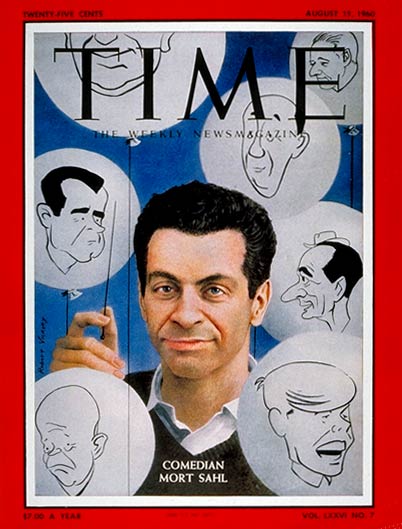
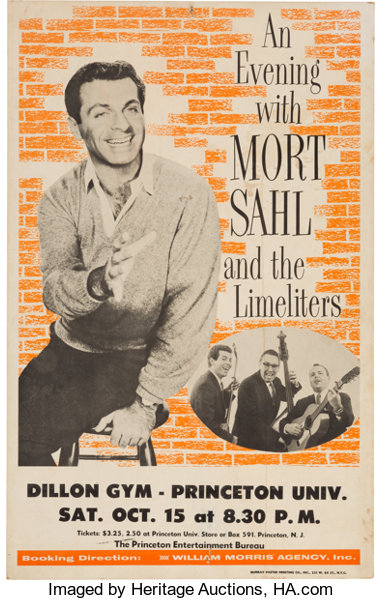


The comedian and satirist Mort Sahl, who has died aged 94, was a combination of Lenny Bruce and Bob Hope – with a little Will Rogers thrown in. Like Bruce, Sahl was a product of the 1950s. Like Hope, he was as much a reporter and commentator on the events of the day as a morning newspaper. And like Rogers, who took the US by the heartstrings during the days of the Great Depression, he would walk on stage with one of those papers in his hand and proceed to take a famous figure to task.
Rogers just made jokes about the people in the news, but Sahl specialised in demolishing them. Different from Hope, who employed an army of ghostwriters, Sahl wrote all his own material – and not just for himself; for a while he was President John F Kennedy’s principal joke writer. To much surprise, he later became a close friend of Ronald Reagan.
Unlike Bruce, who used to say that Sahl was his inspiration, he did not shock with obscenities and the drug culture seemed to be foreign to him. Nevertheless, he had the effect of a heat-seeking missile on his targets. When American politicians were in trouble, they had to take cover whenever Sahl appeared on stage or on a television talk show. Kennedy said he liked Sahl because he admired a man who was “in relentless pursuit of everybody”.
Born in Montreal, he was the son of Harry Sahl, a Jewish-American court reporter who had gone to Canada to write plays and go into business. When this failed, he took his wife, Dorothy, and son, Morton, back to the US and became an administrator for the FBI. The younger Sahl would later become the subject of a considerable FBI file about his suspected communist leanings. Nothing stuck, however, and his political affiliations were never clear.
At school in Los Angeles, he was a member of the officer cadet corps. He was drafted into the US air force soon after the second world war and stationed in Alaska, where he worked on the base newspaper. He then went to the University of Southern California to take a degree in city management. Before long, his only connection with that worthy subject would be lambasting it from the stage of a smoke-filled club or a small theatre – although usually his targets were larger.
He almost starved trying to sell his writing before he arrived at the hungry i nightclub in San Francisco in the early 50s, but by the end of the decade and in the early 60s, he was the favourite nightclub entertainer in the more sophisticated parts of New York, Chicago and Los Angeles. What many of the well-heeled and well-known patrons liked about him was that he had no more respect for the leftwing than for the establishment on the right.
He was one of the first satirical comedians to make LP records and sell them, the first being At Sunset, recorded in 1955. He became such an influential figure that Time magazine devoted one of its celebrated cover features to him, describing him as “Will Rogers with fangs”. Sahl also wrote screenplays and occasionally appeared in films himself, including Johnny Cool (1963), Inside the Third Reich (1982) and Nothing Lasts Forever (1984).
For a while in the 60s, his fame and appeal began to wane, but Sahl regarded it as his duty to continue to attack whatever he believed needed attacking. The assassination of Kennedy in 1963 was a landmark: he regarded the president’s killing as he would the death of a close relative. When the Warren commission declared that Lee Harvey Oswald had acted alone, Sahl took it as a personal affront and campaigned to have the findings reversed.
The Vietnam war was perfect grist for the mill of his talent; people began to want to hear what he said about it, and he guested again on the top talk shows. But his stage work faded until the late 80s – when, for the first time, he had a four-week run at a Broadway theatre. He came out on to a bare stage, as he always did, in a pair of slacks and a V-neck sweater. But there was the inevitable folded newspaper and the comment on the world around him.
“Washington couldn’t tell a lie,” he said, “Nixon couldn’t tell the truth and Reagan couldn’t tell the difference.” Although he was a frequent guest at the White House during the Reagan years, the president remained a target.
He would skewer politicians of all parties, latterly including Barack Obama and Donald Trump. Asked what his principal philosophy was, he would say “I am allergic to majorities” and he was known for the stage catchphrase: “Are there any groups I haven’t offended?” In 2004 he described himself as “a disturber”.
When he talked about retirement, he would say: “I’d be glad to relinquish the reins and go on and do something useful … but I can’t seem to clean up the town.” He carried on performing once a week until prevented by the pandemic.
The New York Post critic Clive Barnes once wrote of Sahl: “The real joy of the man, and his show, is the quickness of his mind and his wonderful sense of nonsense. Forget that the man is clever. Merely think of him as the funniest guy in town.”
Sahl was married and divorced four times. His son, Mort Jr, from his second marriage, to China Lee, died in 1996.
Morton Lyon Sahl, comedian, born 11 May 1927; died 26 October 2021